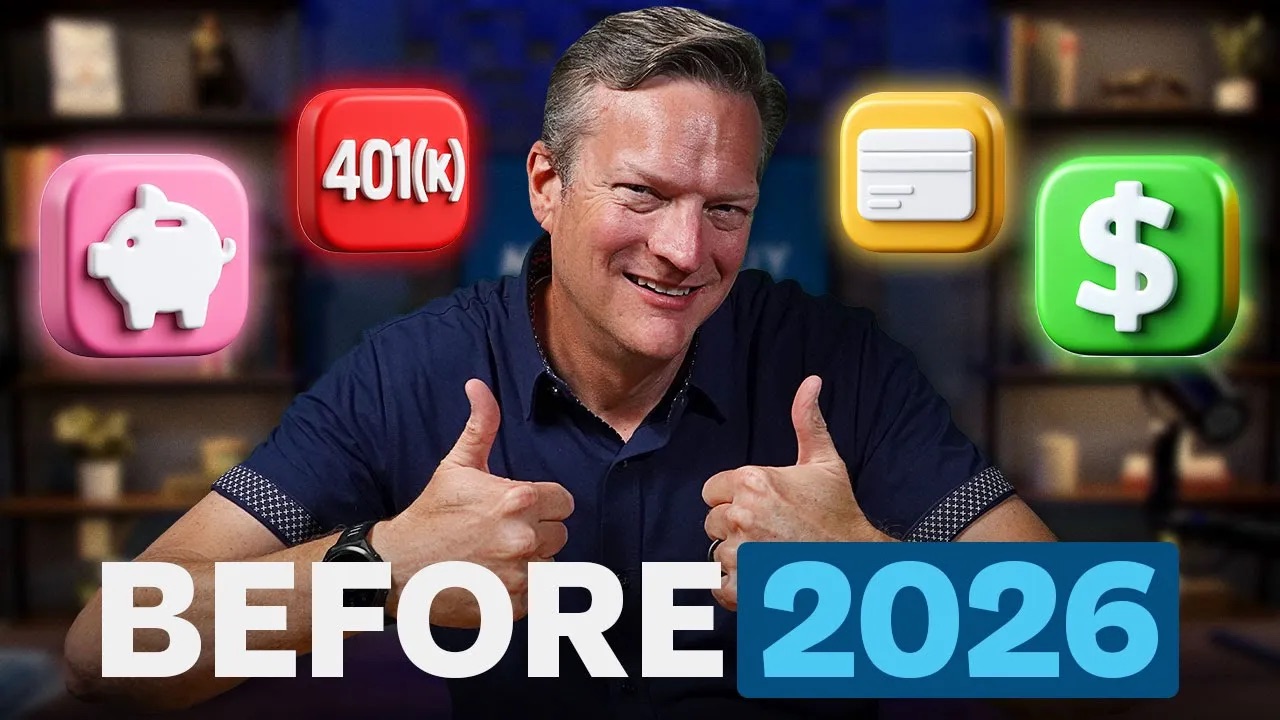LLTR fan 18 asks, for early retirees, you've said in the past that the after-tax bucket is needed to help bridge the gap to when you can withdraw retirement account funds. Why not pull Roth contributions instead?
Oh, man, we get this all the time. People say, hey, you know what? I know about, well, one, if I'm over 59 and a half, well, I can just pull out my Roth contribution completely tax-free. I don't have any taxes, I don't have any penalties. I know about the special secret, super emergency way that I can actually start pulling basis out of my Roth IRAs early if I need to and while that is true and while that is something you could do, we don't often recommend implementing that strategy because the beauty of the Roth is not only that you get to pull those dollars out tax-free, but it's really that those dollars can grow tax-free.
So when you think about your distribution strategy and how you're going about pulling money, you really want to let those Roth dollars grow for as long as possible because the more time you can have the dollars invest, the more time they can compound, the bigger the tax-free growth will be. And then you'll recognize, as you advance in age, as you get later on into your financial plan, one of the beautiful benefits to Roth is they don't have required minimum distribution. So when you do hit 72 or soon to be 73 and will one day be 75 and you have to start pulling money out of those pre-tax accounts, you're not required to do the same thing for the Roth. So all else equal, we try to tell folks, if you can let your Roth book, it'd be the last bucket you pull from because those dollars are so, so, so valuable. I wrote down three key points.
Number one, the opportunity for the long term that Roth money boat just hit on a lot of that stuff is that I love the tax-free growth opportunity, the government restricts how much you can put in these accounts. So if you have the choice of either or, obviously the after tax is the easiest to put money in, the easiest to replenish. It's, so take advantage of that. And then I love the opportunity of the Roth because the compounding, the exponential growth, I don't know, I talk about the 88 times over for the 20 year olds, but think about this for yourself. If your person is thinking about retiring early, that money that could be working in the background, growing completely tax-free for 10 years, 20 years, 30 years to really exponentially be bigger, it's going to do a lot more when it doesn't have the drag of taxes kind of as a strong headwind.
That leads to number two, on my list, is it's hard to replace these, these, these money. Once it's out, now look, the government is making it easier. I think this is a very positive thing. The secure act 2.0, we're going to have special content coming out on that in the next week. So all of you that are interested pay attention. If you're watching this as it gets released as a highlight, go check out our secure 2.0 deep job. I think it will benefit you tremendously, but it's hard to get this money in because the government restricts it because it's that powerful with the tax-free growth. It gives me pause to pull out of that. That's point two.
Number three is this is great legacy slash estate planning. Remember, it used to you could do what was called the stretch, but they've changed that with past legislation to where now that you can only extend your beneficiaries for 10 years, unless there's a special needs situation or other unique one off things. But still 10 years of tax-free growth is a long time for compounding to work. So I love between those three things. Opportunity for the long term number one. Number two is it's hard to replace these dollars. And number three, Roth money is great for legacy planning and the estate. Don't lean out of those three key points when you're making that decision between aftertax versus Roth.
Find out how much wealth you need, when you'll get there, and ways to speed the process. Own your time with the
Know Your Number course! 












